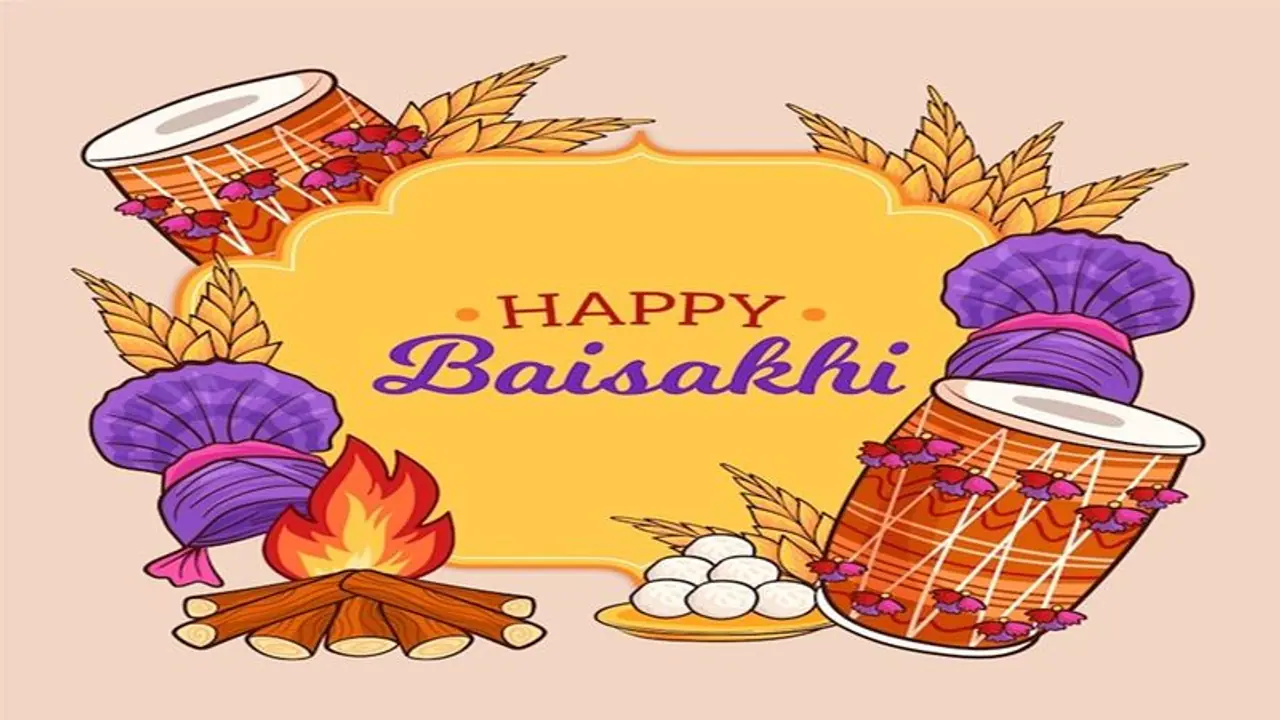Baisakhi marks the beginning of the New Year for the Sikh and Punjabi populations. The day holds special significance for agricultural producers because it marks the start of the harvest season for rabi crops.
Baisakhi, or Vaisakhi, is a harvest festival celebrated largely in Punjab and northern India. It is a time of joy, unity, and regeneration, commemorating the harvest season's abundance. Vaisakh, the Hindu month, begins on the day of Baisakhi. The event takes place in April, on the matching date in the Hindu calendar, either April 13 or 14.
This year, Baisakhi will be held on Saturday, April 13. On the same day, various harvest celebrations are observed, including Bohag Bihu in Assam and Vishu in Kerala.
Initially observed on the first day of the Vaisakh month (April–May) according to the Sikh calendar, which corresponds to April 13 or 14 on the Gregorian calendar. Baisakhi, which celebrates the Solar New Year, falls on April 13 (Saturday) in 2024, with the auspicious festivities beginning at 9:15 PM, immediately before Mesha Sankranti, according to the Drik Panchang.
Significance of the day in terms of agriculture:
Farmers commemorate the Baisakhi festival by preparing crops such as wheat, pulses, oilseeds, and sugarcane. They become excited when they see the crop swinging everywhere. It is time to celebrate with the most popular Punjabi folk dance, 'bhangra'.
Baisakhi represents an attitude of appreciation for a bountiful harvest, encouraging a sense of togetherness and sharing between people. It's time to celebrate the results of our labor, dance to the beats of the dhol, and eat exquisite traditional foods.
The celebration of Baisakhi is related to agriculture. When the crop is ready on the farm, the farmers start swinging joyfully, which is celebrated as Baisakhi. At this festival, everyone takes part in ethnic dances like Bhangra and Gidda.
The earth gives crops as a result of the farmers' efforts and hard labor. When the crop is harvested, all exhaustion is gone, and energy and joy are restored for the following season's crop preparation.
Beyond its agricultural beginnings, Baisakhi serves as a beacon of spiritual awakening. It symbolizes a new beginning, urging people to reflect on their journey, remove negativity, and embrace happiness. Sikhs use this occasion to reaffirm their dedication to Sikhism's beliefs and to remember their forebears' sacrifices.
